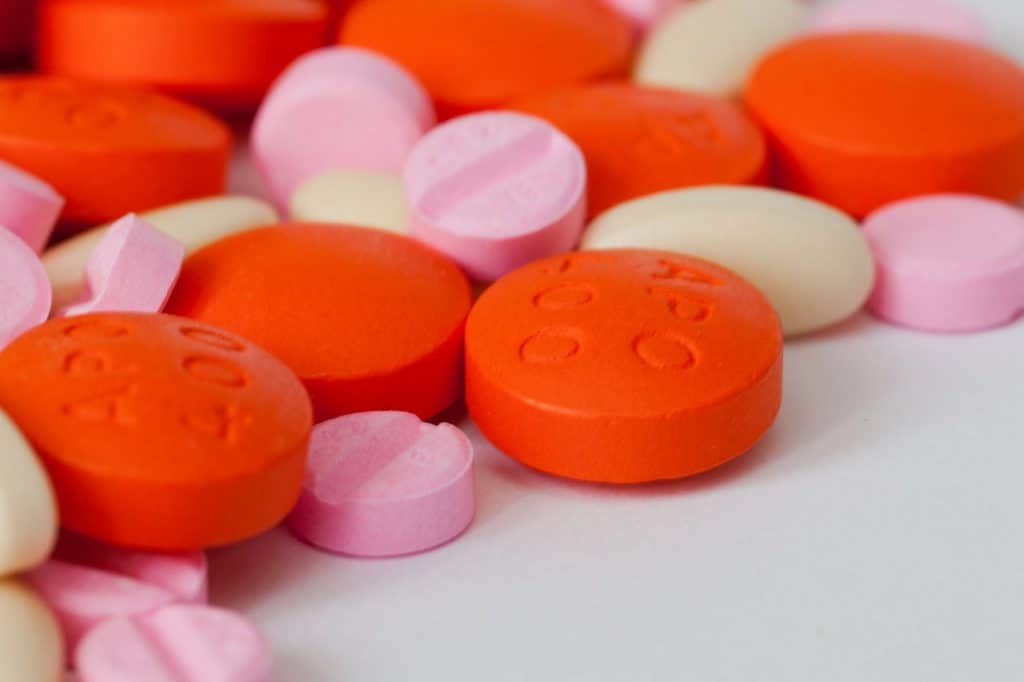Last Updated on October 10, 2024 by The Health Master
The Indian Pharmacopoeia Commission (IPC) has asked for stakeholders suggestions on draft General Notices on Phytopharmaceutical Drugs before 28th February, 2021. The stakeholders are invited to provide their comments to lab.ipc@gov.in.
The draft for “General Notices on Phytopharmaceutcal Drugs” is being published by the IPC.
To read or downlaod the draft for general notices, click here
Definition of Phytopharmaceuticals
As per the Gazette notification dated on March 19, 2019, G.S.R. 227 (E),under Chapter I of Subsection (aa) of New Drugs and Clinical Trials Rules, 2018, “phytopharmaceutical drug” means a drug of purified and standardized fraction, assessed qualitatively and quantitatively with defined minimum four bio-active or phytochemical compounds of an extract of a medicinal plant or its part, for internal or external use on human beings or animals, for diagnosis, treatment, mitigation or prevention of any disease or disorder but does not include drug administered through parenteral route.
To read or download the Gazette notification dated on March 19, 2019, G.S.R. 227 (E), click here

Also read | Monograph of phytopharmaceutical ingredients: IPC set to develop
The regulatory requirements for phytopharmaceutical drug are under the purview of Central Drugs Standard Control Organization (CDSCO) as it differs from Ayurvedic, Siddha or Unani drugs which include all medicines intended for internal or external use for or in the diagnosis, treatment, mitigation or prevention of (disease or disorder in human beings or animals, and manufactured) exclusively in accordance with the formulae described in, the authoritative books of Ayurvedic, Siddha and Unani and other systems of medicine specified in the First Schedule.
However, phytopharmaceutical drug are fraction of crude extract and are distinctly differentiated by being purified and standardized.
A separate category of phytopharmaceutical ingredient (PPI) monograph has been included in IP where, an herbal drug/extract/purified fraction has been characterized minimum of four marker compounds.
However, such PPI monographs may or may not strictly meet the requirements of definition of phytopharmaceuticals drugs.
The inclusion criteria of herbal drugs monograph will also be applicable for PPI category monograph besides ensuring minimum four analytical markers.
Also read | C-19 vaccine is safe: say health experts: Must read
The purpose of the PPIs monograph is to provide the scientific information on the quality standards and characterization of minimum four of its bio markers / analytical markers in order to facilitate appropriate maintenance of the standards by the stakeholders.
An example, the existing monograph in IP, namely Andrographis paniculata modified to provide for testing qualitatively/quantitatively for four bio / analytical markers such as, Andrographolide, Andrograpanin, Neo -andrographolide and 14-deoxy -11,12 didehydro andrographolide.
Such monographs are categorized with the suffix PPI next to the name of the monograph to denote that such ingredients demonstrate potentially meeting the defined criteria for a phytopharmaceutical in IP.
However, the phytopharmaceticals drugs dosage form monograph shall be included in IP only after the approval of CDSCO.
It is to be recognized that mere inclusion of a monograph for an herb or extract or PPI in IP does not give it a status of drug and relevant regulations need to be complied with, and approval as a drug is to be obtained from the office of Drugs Controller General India (DCGI) after submission of relevant applications.
The Health Master is now on Telegram. For latest update on health and Pharmaceuticals, subscribe to The Health Master on Telegram.
Follow and connect with us on Facebook and Linkedin
Go to main website, click here
Subscribe for daily free updates, click here


